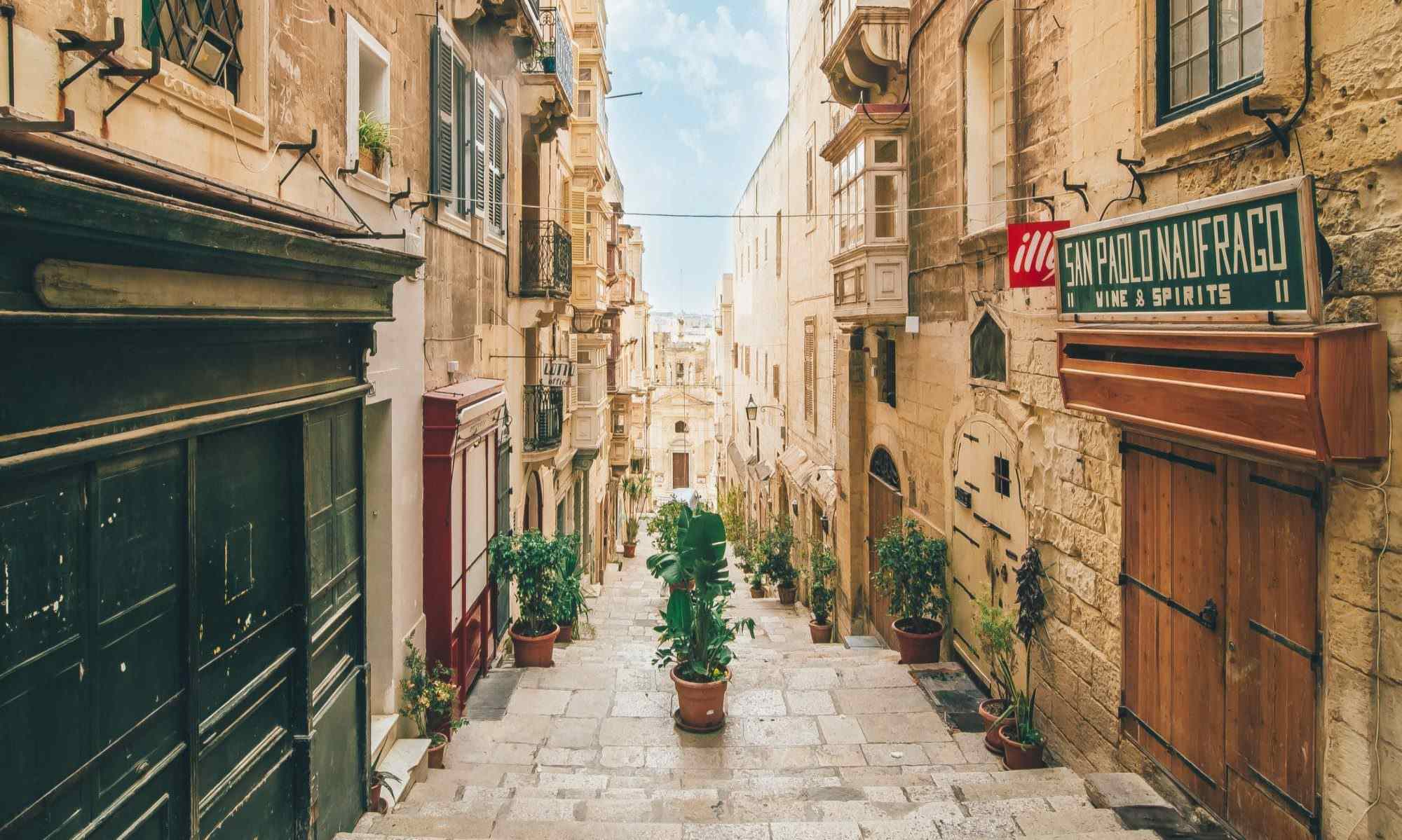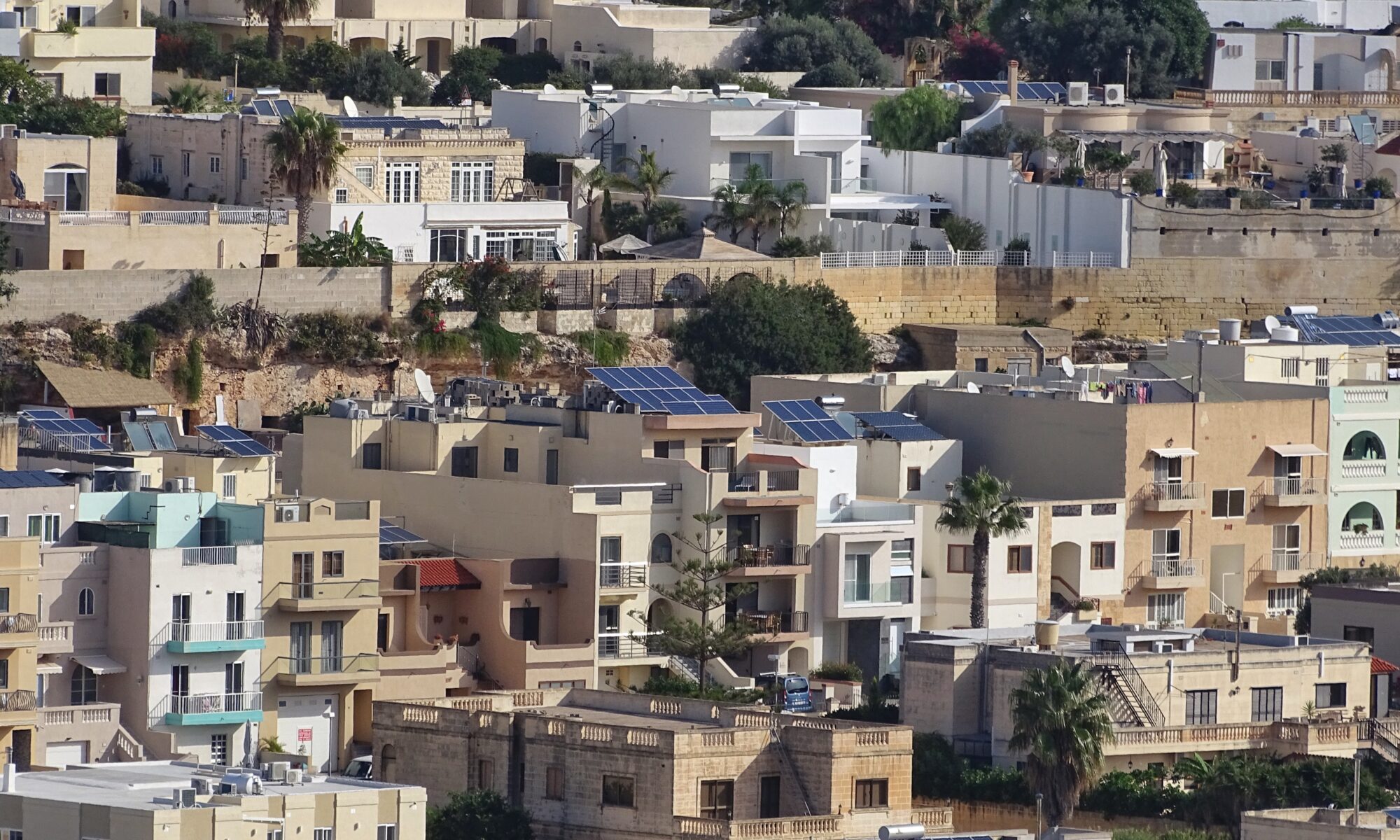In Malta, there are specific rights and regulations set in place for those who choose to own a condominium. The Malta Condominium Act was created to regulate the obligations of condominium owners and responsibilities of the administrators. It ensures owners have more enjoyment and protection as they invest in this type of real estate.
Understanding the Malta Condominium Act can help you gain a greater understanding of the benefits of owning a condominium or apartment in Malta. It can also allow you to discover when your rights may be violated.
Being aware of your rights and obligations can help you become a more educated and responsible condominium owner.
The act was first established in 1997, and had amendments made since. It helps to prevent the various problems that can arise with condominium ownership by clearly stating the obligations, responsibilities and rights of all parties involved.
In this guide, you’ll learn the benefits of registering your condominium, what is considered to be a part of the Common Part and what to do if you aren’t satisfied with those who work as the administrators of the Common Part. Finally, you’ll also learn how decisions are approved for a condominium that you may own or are looking to purchase.
Table of Contents
What Are the Benefits of Registering Your Condominium?
Once you’ve purchased it, there are many benefits of registering your condominium with other owners, particularly having it managed by an administrator.
The administrator is appointed by all of the owners that are involved and will handle multiple duties and responsibilities to ensure the owners don’t have to do it themselves. Administrators act as a middle man between owners who works on behalf of everyone and is not biased towards a specific party.
You can register your condominium by meeting with an administrator and creating specific rules and guidelines that will be in place. These rules will need to be registered with the Land Registry in advance and approved during a meeting of the condominium.
All rules that are created need to be voted on with the approval of two-thirds of the majority. This will ensure that the common parts are closely regulated, specifically when additions or renovations are needed in the future. These improvements help the condominium to be more enjoyable and comfortable to use over time.
What Are the Responsibilities of a Condominium Administrator?
A condominium administrator is necessary when at least three condos are present on the property. He or she represents the condominium on all of the affairs and is responsible for various duties, which must all be agreed upon, depending on the type of property.
The administrator also has the power to act on behalf of the condo owners and should have their best interest in mind. They have the ability to collect payments from the owners to ensure they can pay their share of certain improvements or repairs.
The typical duties of this role include:
- Regulating the use of the different Common Parts and taking the necessary steps to maintain and preserve the parts.
- Maintaining thorough records of minutes in meetings, decisions, directives, and notices.
- Making the decisions in the meetings that are held.
- Contacting the Land Registry about upcoming appointments.
- Ensuring that all condominium owners are following the rules and guidelines that are set in place.
- Determining the required costs of preserving the grounds in regards to maintenance and repairs that need to be performed on an ongoing basis.
The condominium administrator is also responsible for contacting all of the condo owners of upcoming meetings with at least seven days of notice. A notice board should also be on display in a common area that is frequented by the owners. The meetings and decisions must be posted regularly to ensure the condominium owners remain informed.
How Are Decisions Made by the Condominium?
Some decisions that are not agreed upon by all of the condo owners must be voted on to ensure there’s a fair outcome that satisfies most of the parties involved. There are some decisions that require a two-thirds majority of the different owners who attend the meeting and are physically present. Owners who don’t attend the meeting are typically not allowed to vote.
Both minor and significant decisions, especially those that require spending money, are discussed and voted on at each meeting.
Everyone is required to follow the rules and guidelines that are established by the Condominium Act to ensure the meetings are productive and remain orderly.
The rules and guidelines help everyone to have a clear view of the duties of the common parts and can allow everyone to remain harmonious, while working closely together to maintain the building or property over time.
Meetings that are held will cover important topics, specifically the types of repairs or improvements that need to be made to the building. This can include:
- Widening doors and entryways
- Installing a lift
- Adding additional parking
- Installing a new garden or courtyard
- Making improvements to the exterior of the building
- Adding decor to the interior of the condominium
When it comes to renovating ceilings, the cost of the project will be split between the owners that share the ceiling, which is stated in Article 12 of the Condominium Act. Maintenance, general repairs, and extraordinary repairs will need to be covered by all of the owners and divided equally.
Litigation
If and when conflicts occur between the condo owners or the condominium and the administrator, the matters can be solved amicably through arbitration. A law firm can act as an arbitrator to ensure a solution is reached.
What Are Parts Held in Common?
When you own a condo, there are specific parts that are held in common between all of the different condominium owners in the building. These parts are equally divided based on the number of owners. The parts held in common include:
- Shafts
- Land
- Airspace directly above the property
- Entrance doors and staircases
- Stairwells, corridors, gardens, and courtyards
- Roofs
- All external walls and the party wall
- Drainage pipes and sewers
You are not permitted to renounce ownership of any of the shared parts, according to the Malta Condominium Act. This ensures that all of the owners are responsible for the maintenance and upkeep of the shared common parts to ensure they can be preserved over time.
By maintaining mutual ownership, the MCA prevents owners from spending more than their share in the property as everyone continues to enjoy and utilise the various parts. All of the costs for the maintenance and repairs are equally divided, even if the costs continue to increase over time.
Poor Administration of the Common Parts
As a condominium owner, you have the right to seek legal action if you’re not satisfied with how the Common Parts are managed or if you’re unhappy with their current state. This will ensure the terms of the proposed deed of acquisition are closely reviewed to determine if any irregularities are present.
An Overview of the Malta Condominium Act
If you’re thinking about buying property in Malta; specifically a condo, knowing the ins and outs of the Malta Condominium Act is a must. You can better protect yourself by understanding your rights and how they relate to the management of a property or building where your unit is located. This can make it simpler to own a condo, ensuring you are informed and prepared for potential future issues.
The act was created to make it easier to work better with other condo owners on the property or in the building to ensure that there are fewer disputes. It also allows for potential problems to be resolved more quickly and to prevent legal issues from developing.
If you still have doubts about the act and your responsibilities as an owner, need help purchasing a property or simply have questions about Maltese real estate, get in touch! Whether you’re moving to Malta or investing in the country, we can guide you through the process.


